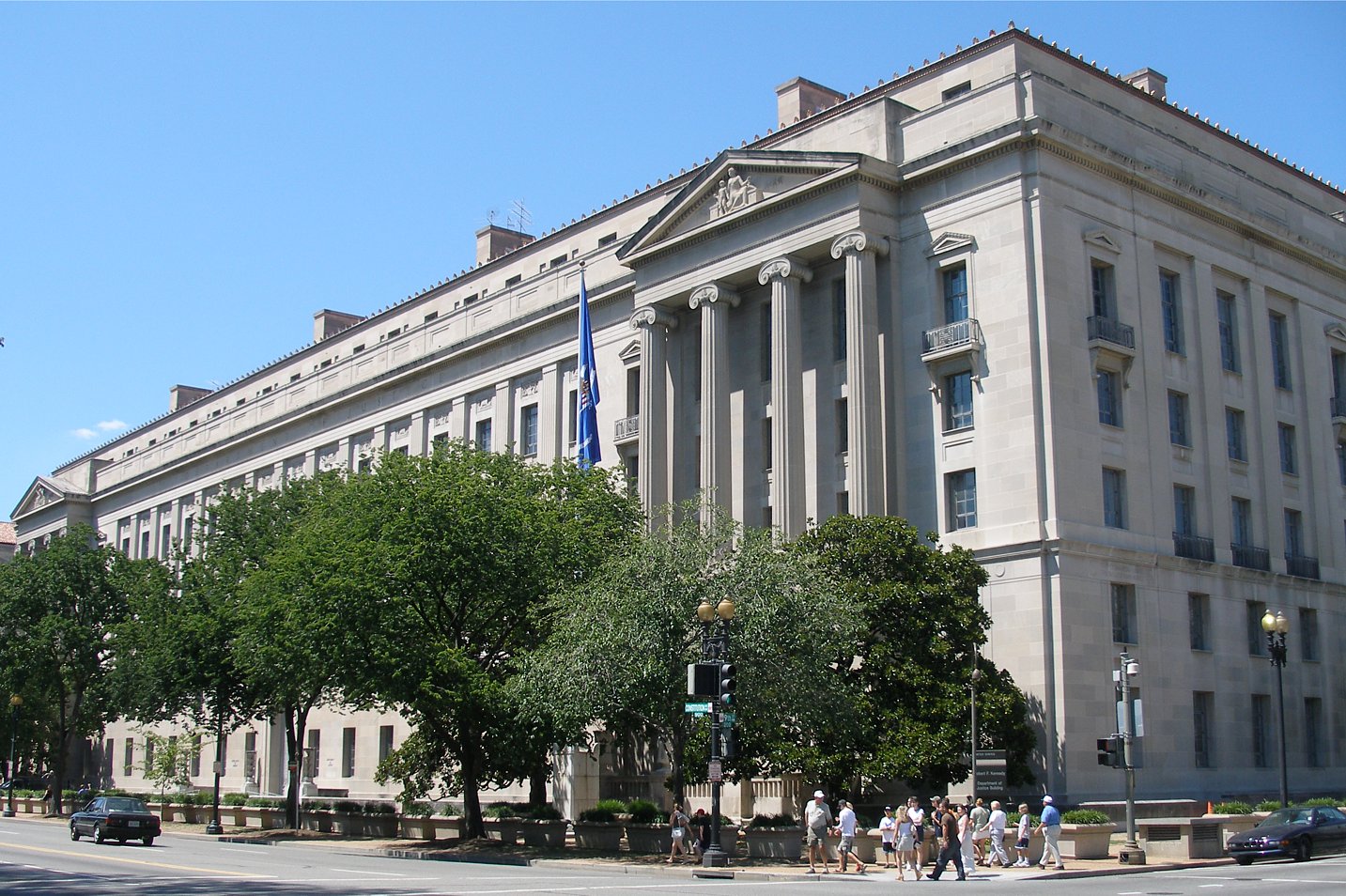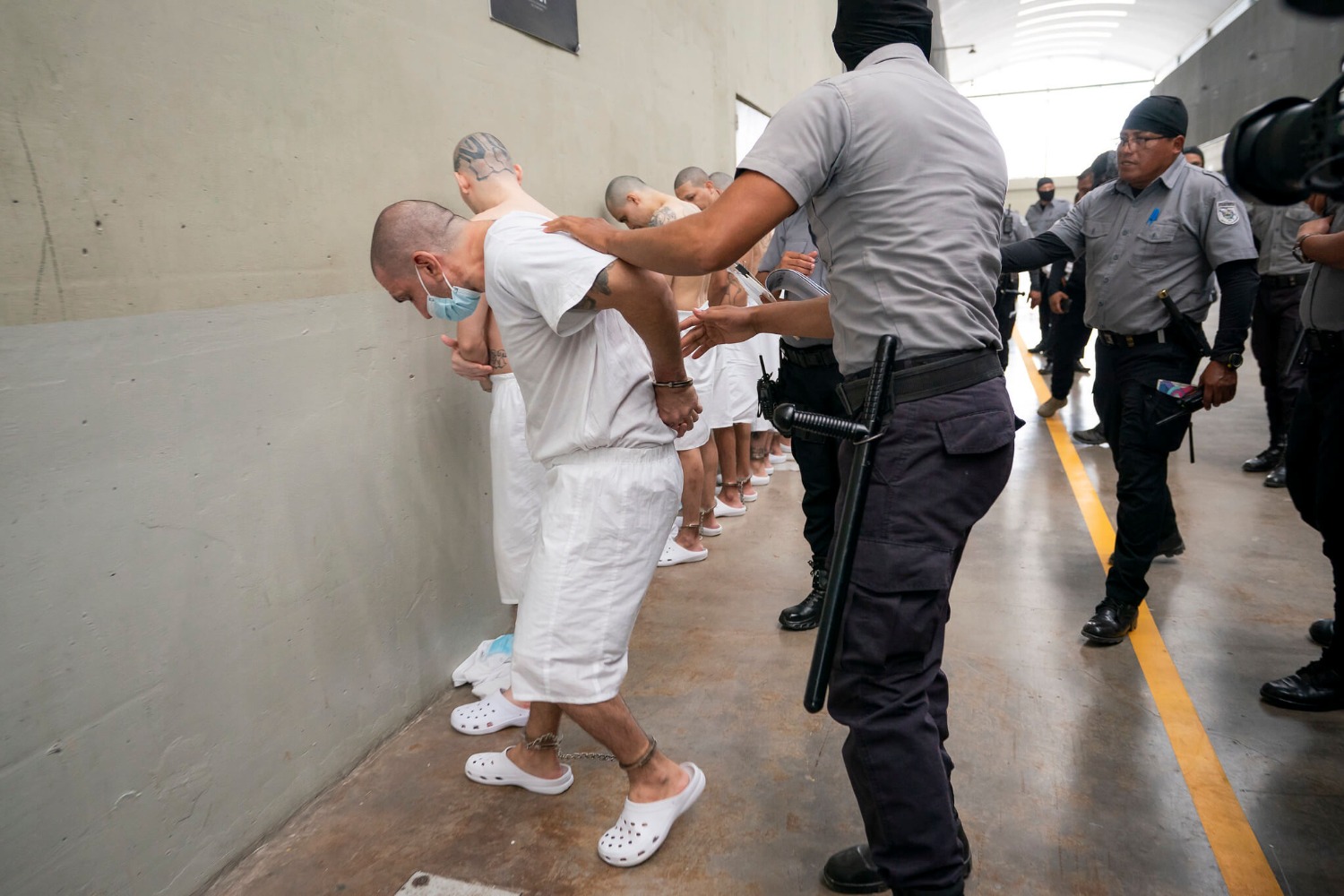Trump’s Petty Purge of 15 Young Jan. 6 Prosecutors
The fired lawyers are mainly thirty-somethings who had been slated to prosecute street crime in the District.

Published by The Lawfare Institute
in Cooperation With

Since the inauguration, President Trump’s Justice Department has already fired, punitively transferred, or forced out dozens of career civil servants—senior prosecutors and high-level FBI officials—and has reportedly demanded that thousands of FBI agents fill out surveys that appear to be the prelude to a purge. The retaliation is based on the false premise that the prosecutions of Trump were politically motivated by a “weaponized” Justice Department and that the prosecutions of more than 1,583 individuals in connection with the Jan. 6, 2021, Capitol siege—at least 1,270 of whom had already been convicted as of Jan. 20, 2025—were a “grave national injustice.”
The pettiest and most pointless firings so far have been those that occurred Jan. 31. The targeted individuals were more than a dozen young assistant U.S. attorneys in the Washington, D.C., office—about 15, by one fired attorney’s count. Most of these lawyers are thirty-somethings, only a few years out of law school. According to the sources, one of the fired attorneys is a veteran and at least two have wives who are pregnant—including one expected to give birth this month.
“I’ve always wanted to be a prosecutor,” says Jake Struebing, 33, a fired prosecutor who agreed to be identified. “I would have been more than happy to go to the Superior Court division,” he continues, referring to the part of the office that prosecutes violent, non-federal crimes that occur in the District of Columbia. Until Jan. 31, he had been slated to move there, as had most of the other fired attorneys. “Now the Superior Court division will be short of folks to prosecute local D.C. crime,” he says. (Acting U.S. Attorney Ed Martin declined comment on whether the firings would leave that division shorthanded.)
In a Jan. 31 memorandum demanding their terminations, Acting Deputy Attorney General Emil Bove took the position that these individuals were “probationary” employees, having worked for the federal government for less than two years, and that that they could, therefore, be fired “at will”—in other words, without cause. He said that they had been hired “to support casework” on the Jan. 6 criminal prosecutions and that President Trump had “appropriately characterized that work as having involved ‘a grave national injustice that has been perpetrated on the American people over the last four years.’” (At least four federal judges who handled those cases have rebuked that assertion, with one terming it a “revisionist myth.”)
Bove also asserted that the previous administration had improperly converted these attorneys from probationary to permanent employees in a manner that “hindered” Martin’s ability to staff his office to implement Trump’s agenda. It appears that, after the election, the U.S. Attorney’s Office for the District of Columbia did, indeed, convert these attorneys’ status to “permanent,” notwithstanding that their two-year probationary terms had not yet expired.
“I will not tolerate subversive personnel actions by the previous Administration at any U.S. Attorney’s Office,” Bove wrote, adding that the department was conducting “an ongoing inquiry” concerning “the circumstances” of these conversions and that all records relating to them were to be preserved.
The fired attorneys are weighing a legal challenge, according to two who spoke to Lawfare. Some have been in talks with the same attorneys who wrote to Bove on Feb. 2, challenging many job actions that have been either taken or threatened against career prosecutors or FBI agents.
At about 4:45 p.m. on Jan. 31, the young prosecutors received a “Dear Colleague” email from Martin, a Stop the Steal activist who was appointed acting U.S. attorney for the District of Columbia shortly after Trump took power. “Today, we received some direction about some folks leaving our employment,” Martin wrote. He attached the above-described memorandum from Bove and closed, “All the best. Ed.”
A few hours later, the attorneys received individualized termination letters from Stephanie Hinds, a career attorney who is director of the Executive Office for U.S. Attorneys. She wrote:
This decision is based upon your actions in the prosecution of persons relating to events that occurred at or near the United States Capitol on January 6, 2021. In an Executive Order issued on January 20, 2025, President Trump characterized that work as having involved “a grave national injustice that has been perpetrated upon the American people over the last four years.”
Hinds also repeated Bove’s assertion that their hiring as permanent employees had “hindered” Martin from staffing his office in a way that would “meet his obligation to faithfully implement” Trump’s agenda.
In an email, Alan Lescht, a Washington, D.C., attorney who focuses on employment-related issues, says that while “probationary employees can be terminated without cause,” they are still protected from “unlawful discrimination.” He continues: “[F]ederal employees—regardless of probationary status—are shielded from discrimination based on political affiliation .... The recent firings of Assistant U.S. Attorneys ... for investigating potential criminal activity related to the January 6, 2021, events suggest a clear case of political affiliation discrimination, which is likely to be challenged in court.”
According to Struebing and a second fired attorney, the office seemed to have been blindsided by Trump’s blanket pardons of Jan. 20. Because of pre-inauguration statements by then-Vice President-elect Vance and attorney general-nominee Pam Bondi, each of whom seemed to oppose pardons for those who had violently assaulted police officers, almost everybody assumed that a slimmed-down Capitol Siege unit would survive the inauguration, the sources say. Still, many prosecutors were already being transferred out of that unit. After the pardons, still more were reassigned. The “biggest chunk” were headed to the Superior Court division, says the second source, but with some also going to the Civil Division or the appellate unit.
The Superior Court division works on a rotational basis, both sources explain. Prosecutors start in one of two misdemeanor units—either general crimes, like assault or theft, or domestic violence—and then, after three to six months, move up to a felony trial unit, often handling drug or gun crimes. But now, with the hiring freeze imposed by a different Trump executive order, the rotations may be impacted.
“They had 10 to 12 experienced trial attorneys ready to start tomorrow,” one source said on Feb. 2, “but now they have less bodies. It destroys morale for everyone in the office—to have people fired for doing their jobs. They knew us.”




